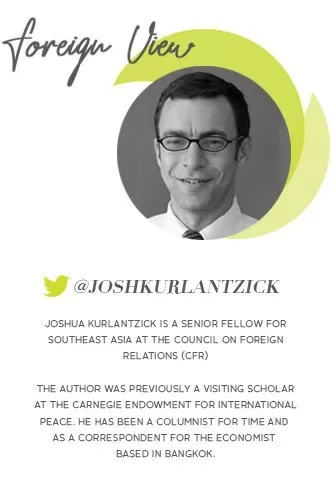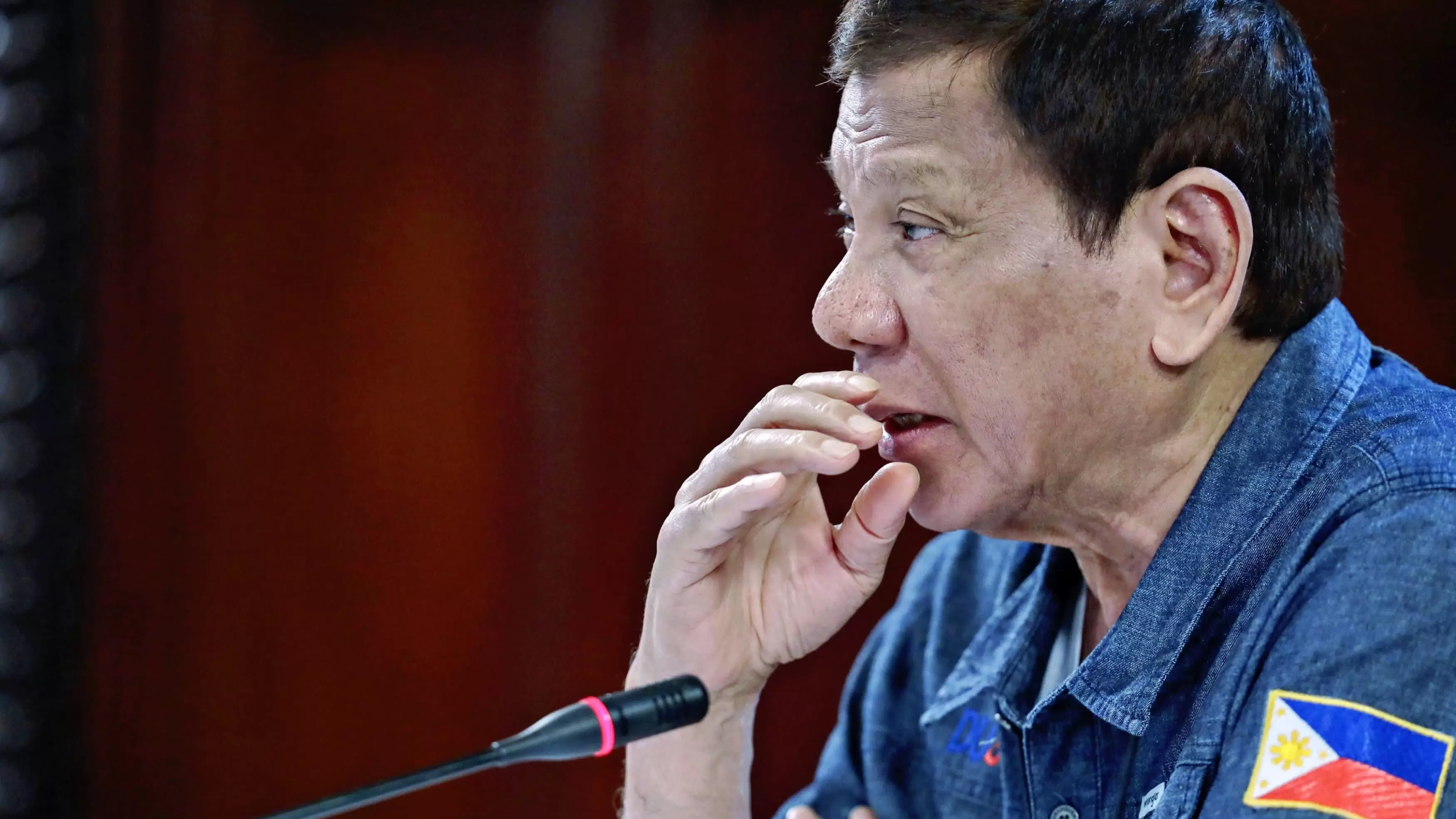
The efforts to use the pandemic to reduce political space started early on, as the virus spread through Southeast Asia. In April, Cambodia’s regime passed a new emergency law that gave Prime Minister Hun Sen massive powers, while at the same time Hun Sen’s government has been aggressively arresting activists and journalists for criticizing the government’s pandemic response, even in the mildest ways. In Thailand, the government of Prayuth Chan-ocha, while taking effective measures to stem the spread of COVID-19 (after some initial foot-dragging), also is ramping up campaigns to arrest social media users critical of the government, particularly by using the COVID-19 emergency as a pretext for these arrests, according to a report by Amnesty International.
In Malaysia, the government has delayed parliament from sitting again for months, preventing the opposition coalition from taking action against the government, which came into office despite an election. (Malaysia’s prime minister is now under quarantine for fourteen days because another Malaysian official contracted COVID-19.) The Malaysian government also has arrested journalists who have investigated and criticized Malaysia’s sometimes-stumbling response to COVID-19. Other Southeast Asian states like Myanmar and even democratic Indonesia also have cracked down on dissent.
Now, however Philippine President Rodrigo Duterte, who already had abused the pandemic to amass even more power, has taken the COVID-19-related crackdown on rights and freedoms one major step farther. The Philippine legislature, which is heavily controlled by Duterte allies, has now passed a far-reaching Anti-Terror bill.
The bill will give the authorities massive powers to arrest people without any warrant, to conduct widespread surveillance of the population, and to label many different people as “terrorists;” the bill offers an incredibly broad definition of who might be a “terrorist.” As Alec Regino noted in the Washington Post:
In particular, it allows the warrantless arrest and detainment of those the government-appointed Anti-Terror Council deems “suspicious.” Suspicious activities could range from attempting to damage government property to simply criticizing the administration online. It also allows for the secret surveillance and wiretapping of “suspected” criminals … The bill’s loose definition of terrorism allows the government to essentially tag any and all dissenters as terrorists without any judicial oversight.
While many Filipinos, and outside observers, have become inured to the Duterte administration’s increasing undermining of rights and freedoms, as Philippine democracy crumbles and massive extrajudicial killings continue, the Anti-Terror bill could well be the biggest blow to Philippine democracy since the end of the Marcos dictatorship. (Duterte allies and supporters of the bill claim that it will not target peaceful protestors and that the bill has adequate safeguards; at the same time, Duterte has spoken positively of the Marcos regime, and sought to further rehabilitate the Marcos family.) It could easily lead to the government simply detaining any critics without charge, putting Duterte in a position not quite equal to that of Marcos—but not that far away either.
“Disclaimer: The author takes full responsibility on the content of this opinion”.

